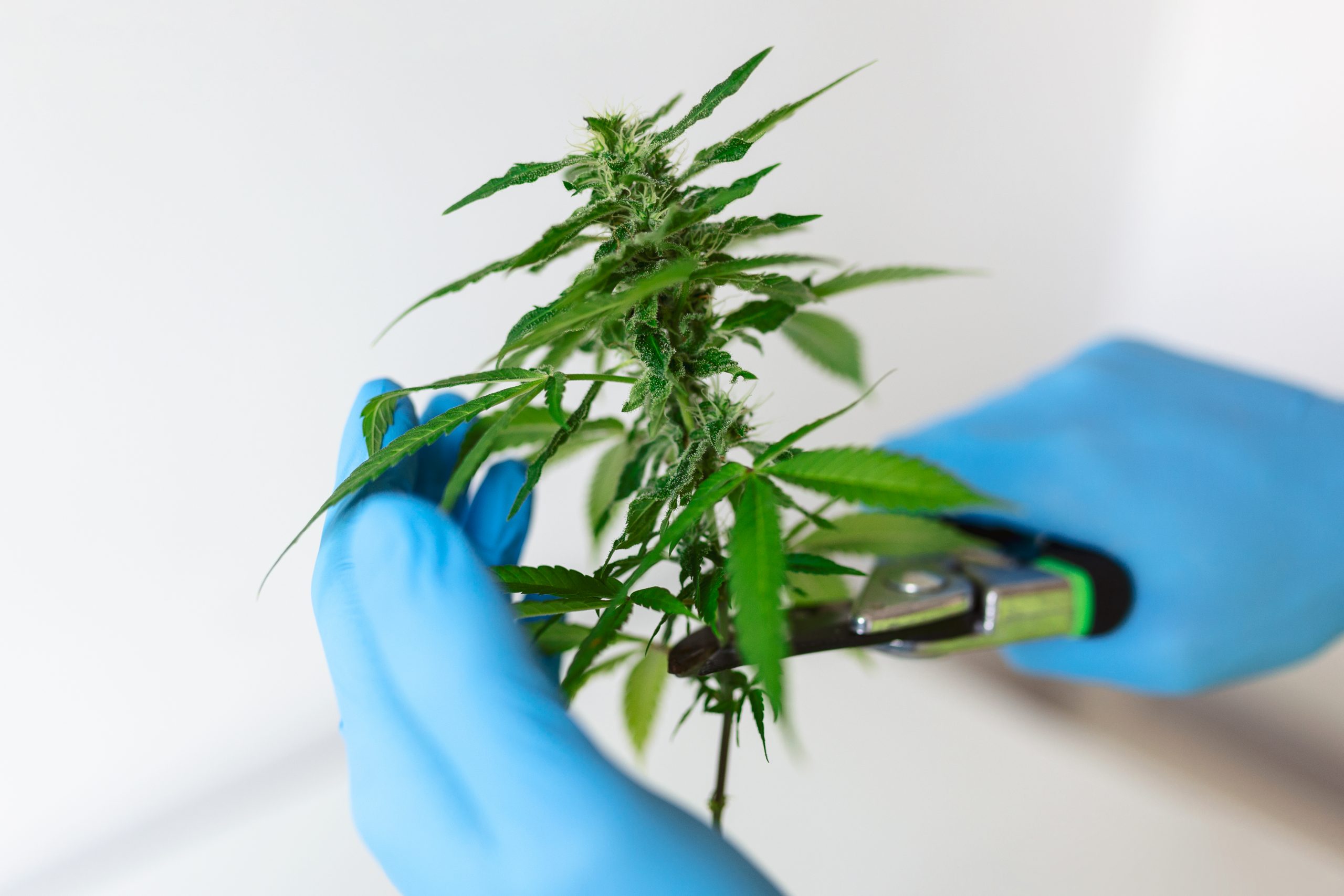

In the first three months of use, Australian patients with chronic health concerns prescribed medical cannabis exhibited significant increases in overall health-related quality of life and fatigue, as well as reductions in anxiety, despair, and pain.
According to a study published September 6, 2023 in the open-access journal PLOS ONE by Margaret-Ann Tait from the University of Sydney, Australia, and colleagues, cannabis therapy did not appear to help reported sleep problems.
In Australia, medical cannabis has been available for prescription to people with medical disorders who have not responded to traditional treatments since 2016. Tait and colleagues examined a group of Australians with chronic health issues who were prescribed medicinal cannabis in order to better understand any changes in patient-reported outcomes in this population following cannabis treatment.
Between November 2020 and December 2021, the authors used survey responses from 2,327 Australian patients with chronic health concerns who were supplied medical cannabis (THC and CBD dissolved in a medium-chain triglyceride (MCT) carrier oil). Prior to starting cannabis therapy, patients were polled about their self-reported health-related quality of life, pain, sleep, anxiety, and depression, and then once a month for three months.
The patients polled were 63% female, with an average age of 51 years (range 18-97 years). Chronic pain (69%), sleeplessness (23%), anxiety (22%), and anxiety/depression (11%), were the most commonly reported conditions being treated; half of patients were being treated for more than one disease.
Over the course of three months, patients reported significant, clinically significant improvements in health-related quality of life and tiredness metrics. Patients also reported clinically substantial pain reductions and significant improvements in moderate-severe anxiety and sadness. Despite the fact that cannabis was provided to a large number of patients for insomnia, there were no overall improvements in patient-reported sleep disturbance.
Although the authors did not measure adverse effects as part of the study, 30 individuals formally withdrew from it due to “unwanted side effects.” Regardless, these findings show that medical cannabis may be useful in managing previously untreatable chronic illnesses. The authors also point out that more research and development of the cannabis oil products utilized in this study may be required in order to successfully treat patients suffering from insomnia and sleep disorders.
The authors add, “Within the first three months of medicinal cannabis therapy, participants reported improvements in their health-related quality of life, fatigue, and health conditions associated with anxiety, depression, and pain.”
more recommended stories
 Nanovaccine Design Boosts Immune Attack on HPV Tumors
Nanovaccine Design Boosts Immune Attack on HPV TumorsKey Highlights Reconfiguring peptide orientation significantly.
 High-Fat Diets Cause Damage to Metabolic Health
High-Fat Diets Cause Damage to Metabolic HealthKey Points Takeaways High-fat and ketogenic.
 Acute Ischemic Stroke: New Evidence for Neuroprotection
Acute Ischemic Stroke: New Evidence for NeuroprotectionKey Highlights A Phase III clinical.
 Statins Rarely Cause Side Effects, Large Trials Show
Statins Rarely Cause Side Effects, Large Trials ShowKey Points at a Glance Large.
 Can Too Many Antioxidants Harm Future Offspring?
Can Too Many Antioxidants Harm Future Offspring?Key Takeaways High-dose antioxidant supplementation in.
 Anxiety Reduction and Emotional Support on Social Media
Anxiety Reduction and Emotional Support on Social MediaKey Summary Anxiety commonly begins in.
 Liquid Biopsy Measures Epigenetic Instability in Cancer
Liquid Biopsy Measures Epigenetic Instability in CancerKey Takeaways Johns Hopkins researchers developed.
 Human Antibody Drug Response Prediction Gets an Upgrade
Human Antibody Drug Response Prediction Gets an UpgradeKey Takeaways A new humanized antibody.
 Pancreatic Cancer Research: Triple-Drug Therapy Success
Pancreatic Cancer Research: Triple-Drug Therapy SuccessKey Summary Spanish researchers report complete.
 Immune Cell Epigenome Links Genetics and Life Experience
Immune Cell Epigenome Links Genetics and Life ExperienceKey Takeaway Summary Immune cell responses.

Leave a Comment